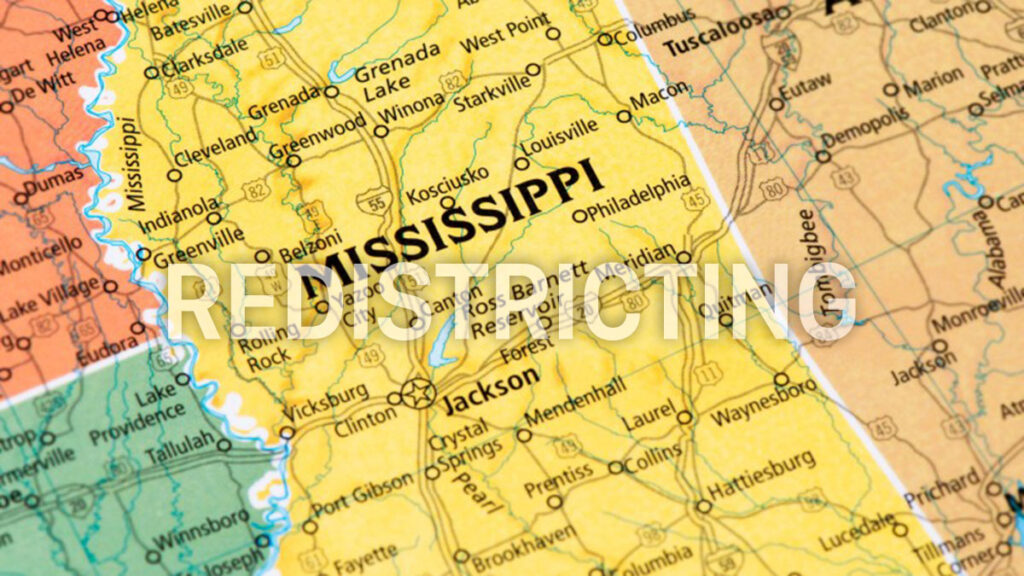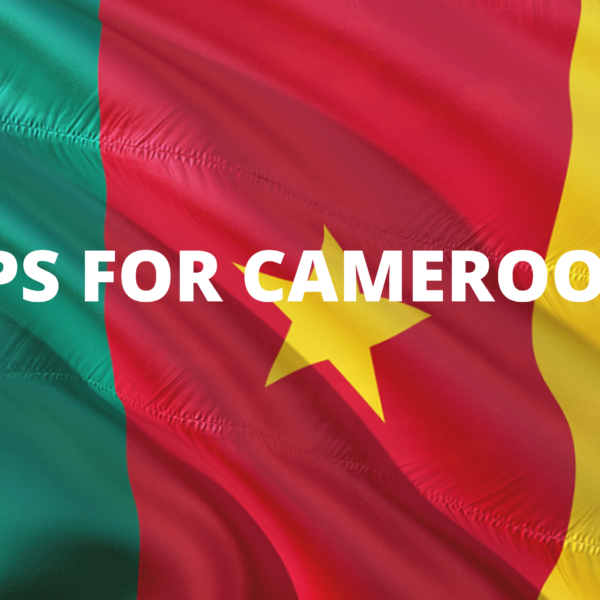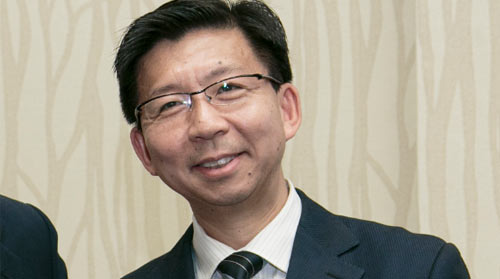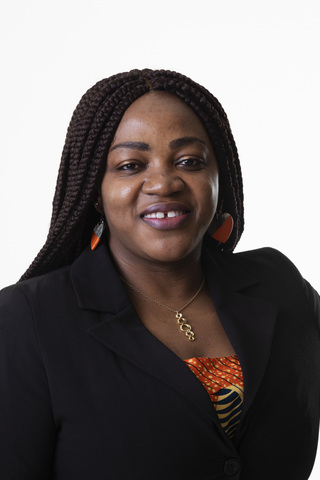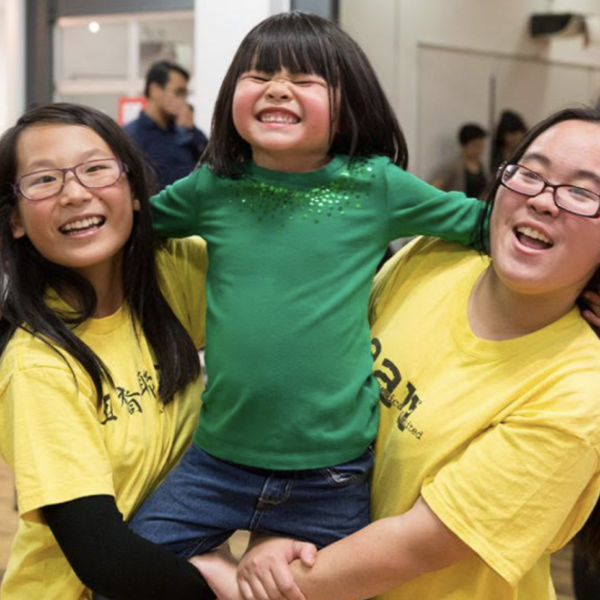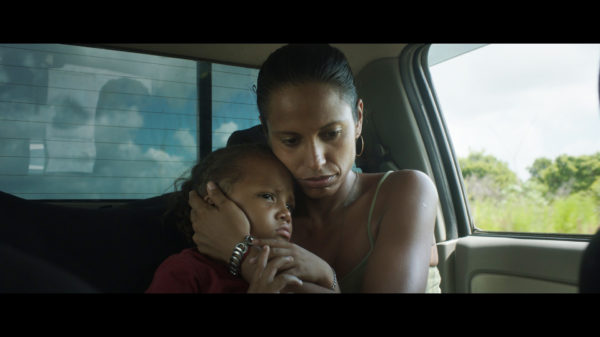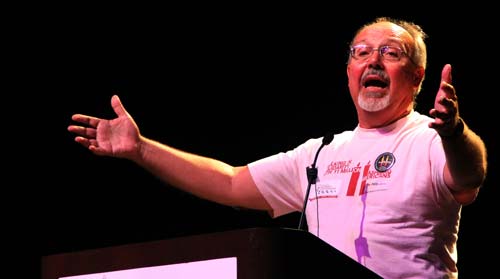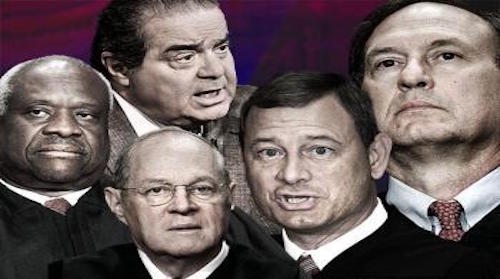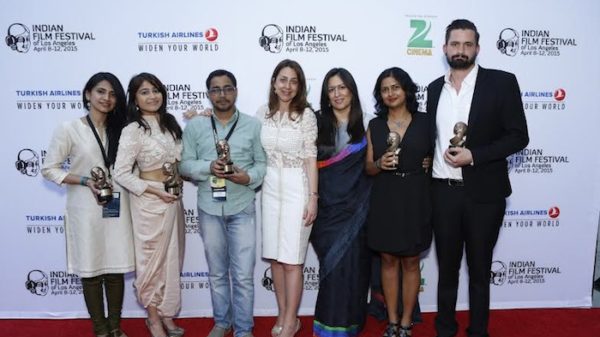Mississippi’s GOP-dominated legislature secured gerrymandered maps that severely undercut the voting power of the state’s growing communities of color. But advocates have shifted their sights to local targets like the Harrison County School District and the Gulfport City Council. And they’re scoring small but significant victories. “We’re anything but a lost cause,” says Nsombi Lambright of One Voice. Mississippi mirrors similar efforts by activists across the South.
Amir Badat, Attorney, NAACP Legal Defense Fund, serves as Manager of the Voting Rights Defender and Prepared to Vote Projects (VRD/PTV) and Voting Special Counsel at the Legal Defense Fund. Amir leads LDF’s year-round election protection and voter education efforts, using legal, organizing, and advocacy tools to ensure that Black voters across the South have open access to the ballot box. Amir shade why this is important to address number one, it is home to the highest demographic of blacks in the country and has a long story history of civil rights Heroes and victories. Worth noting that the Civil Rights Movement was born in Mississippi to understand where this country is right now we have to look at places like Mississippi to fight for the country.
number two Mississippi has been a predictor of what happens in other states of the country after the Civil War in the late 1800s for instance when the white supremacists in Mississippi start the Mississippi plan of intimidation violence on the plan that use legal tactics to try to suppress the black vote and black civic participation during Reconstruction Plan including the 1890 Mississippi Constitution was used by States like South Carolina Alabama Louisiana and other states across the South to help suppress black civic participation and black progress across the country. Today the same things are happening on abortion and the case of Roe v Wade which came out of Mississippi. when we think of these fights in the country on health, education, and economic Justice, we need to be paying attention to Mississippi.
Redistricting in Mississippi comes against the backdrop of this history. In the middle of 2021 according to the census the Mississippi legislature which is responsible for redrawing its baps put together a committee of legislators dominated by Republican legislators who are responsible for proposing maps to the full legislature for the legislature’s adoption. The committee met three times in public for a total of 45 minutes where they convened and appointed its members and adopted criteria and Maps as well. So all the results we see happened behind closed doors without the involvement of Mississippi’s black legislators and as predicted the maps that came out of this process were very unfair and not representative of the state as a whole. This disenfranchised the black population who could not vote for candidates of their choice.
It is the same story with the state legislature which did not offer black voters fair representation even though Mississippi’s black population as a percentage of the state grew. Mississippi did not gain black majority districts in the State Legislative maps and even though the process is now over and signed into law by the governor there are legal challenges that have been filed and are likely to continue to be fought in the courts.
Even though the fight is continuing at the state or congressional level a lot of the advocates in the Mississippi community have shifted their attention to local level redistricting which is increasingly important in terms of laws and policies that affect people’s day-to-day lives the school board’s on local councils, are the entities that affect your daily life, your child’s education, etc. His partners are very engaged at the local level about efforts in the redistricting fight.
Nsombi Lambright, Executive Director of One Voice, a statewide leadership development and policy advocacy organization, headquartered in Jackson, MS. talked about the activism. She stated that business and civic engagement and understanding that voting rights are at the core of any sort of social justice work in Mississippi. They have to start there to make sure that people have power. There is a growing infrastructure of civil rights and social justice organizations currently working on civic engagement and other social justice issues in Mississippi. There is a long way to go, however, and there are some victories such as changing the state flag which happened a few years ago. Getting people active she said, is crucial in getting people to be able to impact social policy.
Monica McInnis, program director for a nonprofit, One Voice, works to advance policy for marginalized communities. She reiterated the importance of redistricting at the local level, while Gary Fredericks, President, Gulfport NAACP shared his success stating that collaboration and preparedness have been responsible for their success in preparing people for the census. Educating and advocating for civic engagement had to be expanded to all the citizens of the Gulf Coast.
Pastor Jose Rodriguez, One Voice, works to advance policy for marginalized communities and tearfully shared what he has been doing with helping the health disparities and Latinos’ access to care. Latinos he said, have a real affinity for Mississippi. however, in 2019 there was a tragedy on August 7th when there was a large immigration raid. Pastor Jose cheerfully again recounted that there were several poultry plant industries targeted by immigration raids. School had just begun and parents had sent kids to school. At pick-up, there were no parents because they had been picked up and locked up in detention centers. “It was a most painful experience and devastating to the families. it affected the Hispanic community in Mississippi economically and in many other ways the kids were severely affected mentally and had to 6 psychological help to a system to understand what had just happened to them”. There were innocent kids as young as five to six years of age who were now without parents. This lack of representation in the system is what God Pastor Jose to get involved in, “I started to open my eyes and see; we really don’t have representation here in Mississippi.”
Daniel Q. Le, Director, Boat People SOS-Biloxi (BPSOS-Biloxi) and Boat People SOS-Bayou La Batre (BPSOS-BLB) are the Gulf Coast branches of a national Vietnamese-American nonprofit community-based organization with over 40 years of services. Daniel said, “There was no way to get around,” describing a public works project in Biloxi. Sharing how without outreach to the community the city began tearing up sections of roadway, “So people, you know, were having a hard time getting from one point to another. We as a community got together and went to the city and basically voiced our complaint. Unfortunately, the city just turned away, you know, never really responded to our needs or our concerns.” This experience shaped his level of engagement and need for representation, “We have to have someone in the community to step up and be that voice.”

